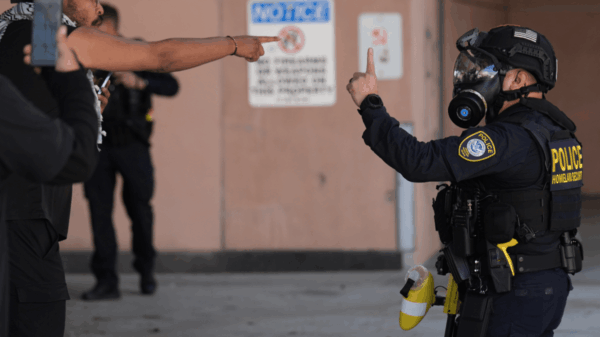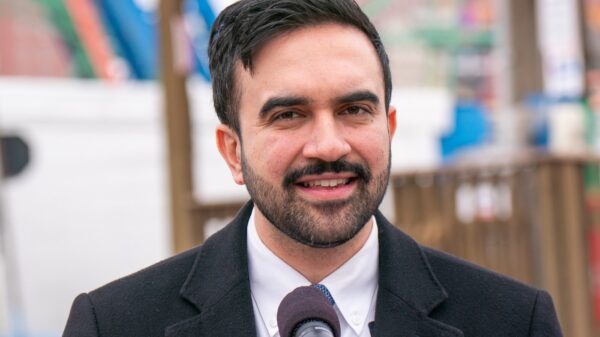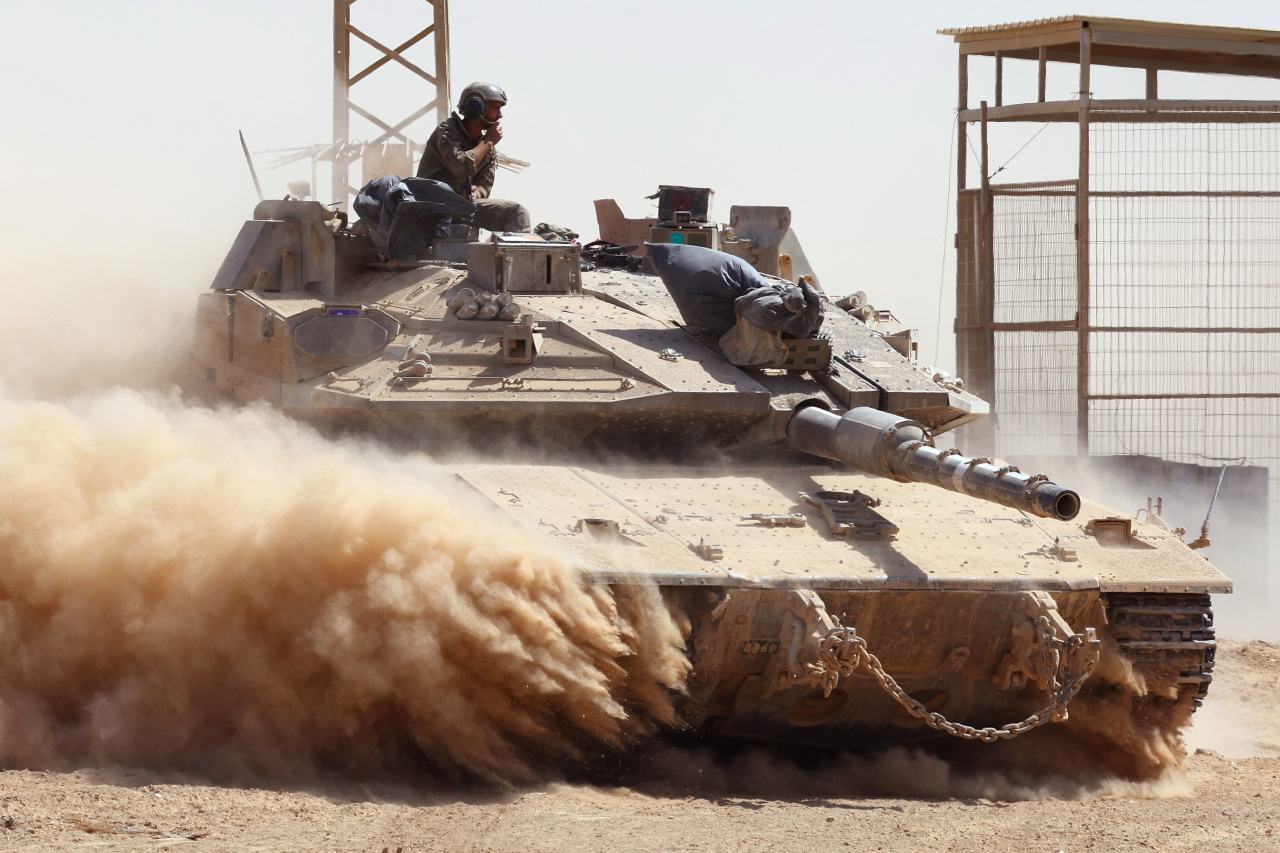Israel’s government announced the mobilization of 60,000 reservists in preparation for a significant military operation in Gaza City. This decision comes as the conflict between Israel and Hamas escalates, with mounting pressure on the Israeli leadership to address the situation more decisively.
The announcement follows increasing calls from the Israeli public for a resolution to the ongoing war, particularly concerning the release of hostages held by Hamas. Many Israelis express a desire for a negotiated settlement that would facilitate the safe return of these individuals while bringing an end to the violence that has gripped the region.
Current Situation in Gaza
As the conflict continues, the humanitarian situation in Gaza has deteriorated significantly. Reports indicate a severe shortage of essential supplies, including food, water, and medical aid. The United Nations has raised alarm over the growing number of casualties and the impact on civilians caught in the crossfire.
Israeli officials have stated that the operation aims to dismantle Hamas’s military capabilities and ensure the safety of Israeli citizens. The mobilization of reservists is seen as a crucial step in this strategy, reflecting the seriousness with which the government views the current threat.
Public Sentiment and Political Pressure
Public opinion in Israel has shifted, with many citizens now advocating for a swift end to hostilities. According to recent polls, a significant portion of the population believes that a deal involving the release of hostages is essential for peace.
Political leaders are under pressure to respond to these sentiments. The Israeli government faces the challenge of balancing military objectives with the urgent need for a diplomatic solution. This delicate situation could shape future policies and the broader landscape of Israeli-Palestinian relations.
The call-up of reservists marks a pivotal moment in the conflict, emphasizing the Israeli government’s commitment to confronting Hamas while navigating the complexities of public opinion and international scrutiny. As events unfold, the focus will remain on both the military and humanitarian implications of this latest escalation.








































































